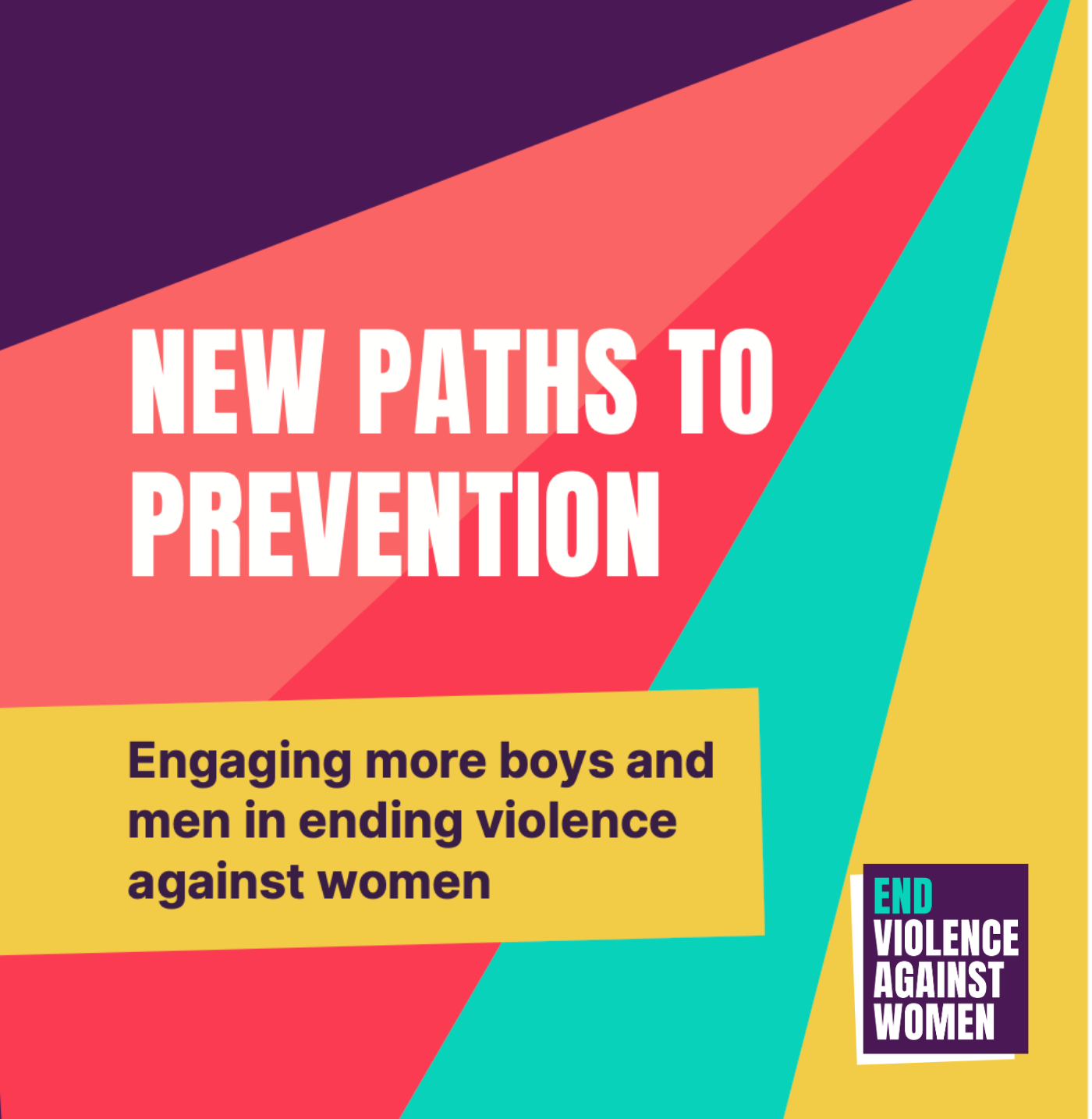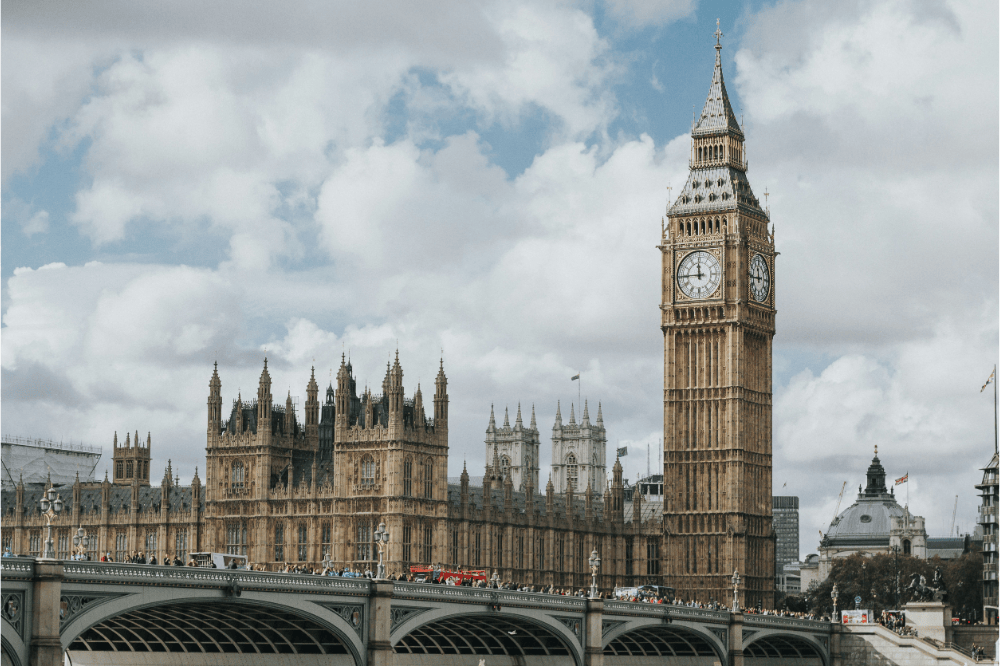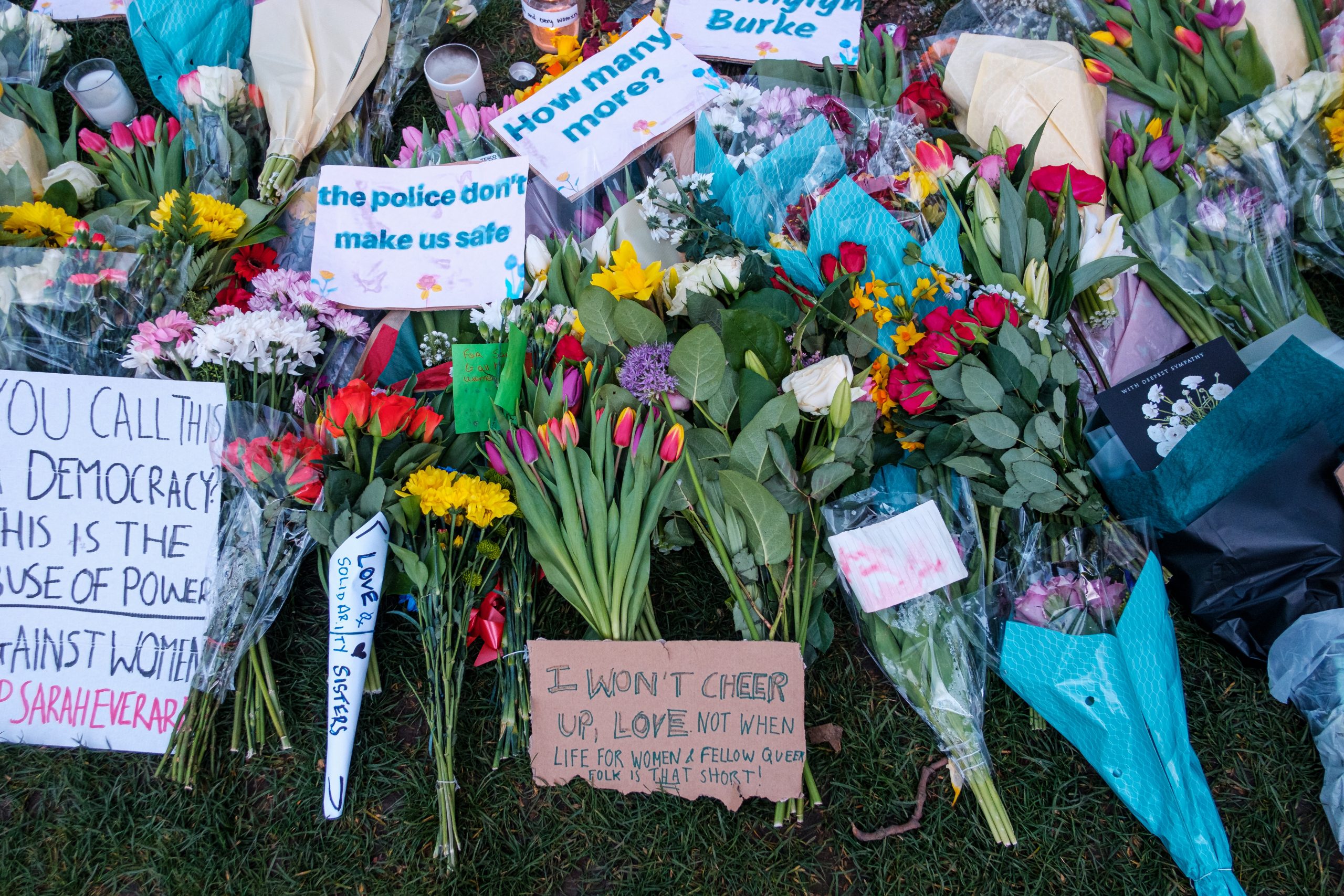 15 Jul
15 Jul
Lady Eilish Angiolini has today (29th February 2024) published the findings of her independent inquiry into how Metropolitan police officer Wayne Couzens was able to abduct, rape and murder Sarah Everard – finding a series of utterly shocking failings to prevent what was a serial sex offender from harming women and girls.
Looking into the causes of, and factors contributing to, Couzens’ horrific acts, the inquiry found:
- Couzens should never have been a police officer, but red flags were ignored: Following a report of indecent exposure in 2015, he was able to continue in post as an authorised firearms officer with the Civil Nuclear Constabulary
- Missed opportunities to stop a known perpetrator, and remove him from the force: Evidence of Couzens’ preference for violent and extreme pornography and reports of sexual offending dates back 20 years prior to the murder of Sarah Everard.
- A pattern of offending: His crimes were not committed in isolation but part of “a trajectory of sexually motivated behaviour and offending” (he has since pleaded guilty to three separate offences of indecent exposure). He also reportedly sexually abused a child while in his 20s, showed a pattern of unwanted sexual touching and sending unsolicited photos of his genitals, and possessed indecent images of children.
- Lack of police training and motivation relating to violence against women and girls: Victims subjected to indecent exposure by Couzens were not taken seriously by the police – officers who responded were not adequately trained, equipped or motivated to take these offences seriously. The inquiry reported being “in no doubt that the failure to investigate the June 2015 report of indecent exposure was a red flag and a missed opportunity to disrupt or even prevent further offending” which ultimately allowed him to continue in his role as an authorised firearms officer.
- Poor investigations of indecent exposure offences: Police officers’ approach to investigating two incidents of indecent exposure by Couzens were met with “apathy and disinterest” and reasons not to pursue the cases. Both seemed “destined to fail from the start” due to poor recording, decision-making and a lack of positive steps to identify the perpetrator.
- Failings in vetting: Red flags were missed in Couzens’ vetting and re-vetting regarding his alleged sexual offending history and chaotically managed personal debt. These indicators “should have given pause” to those responsible for his vetting, prompted them to carry out further investigations and ultimately refuse Couzens’ vetting clearance.
- Culture of misogyny in policing and wider society: The normalisation and acceptance of vile behaviour and deeply abusive language as ‘banter’, in policing culture and elsewhere, enable people like Couzens to commit atrocious crimes undetected, given sexist and misogynistic behaviour sits on the same continuum as rape and murder. The End Violence Against Women Coalition welcomes this finding: all of these acts are interconnected and cannot be viewed in isolation from the cultural factors and social attitudes that drive them.
- Police failings to prevent Couzens: More diligent adherence to vetting guidance, improved information-sharing and greater scrutiny of Couzens “could have made a difference” in preventing his horrific crimes, as could more thorough and committed investigation of prior indecent exposure reports against him. Proper investigation of these offences would have brought him to the attention of his employers and potentially led to a prosecution, removal from policing roles and outright dismissal. While part 1 of the inquiry looks into Wayne Couzens’ career and previous behaviour, and missed opportunities to prevent his offending, the End Violence Against Women Coalition welcomes that part 2 will address broader issues regarding policing and the protection of women, including looking at deep-rooted cultures within policing.
Andrea Simon, Director of the End Violence Against Women Coalition (EVAW), said:
“Today we’re thinking of Sarah Everard, her loved ones and all who may be affected by the horrifying details being reported today.
Understanding the systemic failings that enabled Couzens to do what he did will never detract from his responsibility for the horrific crimes he committed against Sarah Everard. But in showing us the missed opportunities that might have prevented a police officer from being free to commit rape and murder, it moves us closer to stopping other police officers from abusing their power and status to harm women and girls.
Women’s organisations have long called for non-contact sexual offences such as indecent exposure to be taken seriously, in a reality in which most women don’t report them, police officers fail to investigate or take them seriously, and it is trivialised across society. Online abuse sees the same response. This cannot go on. Our justice agencies and wider society must take seriously these acts which are often part of patterns of offending that can ultimately include rape and murder.
It is absolutely devastating that the abduction, rape and murder of Sarah Everard was entirely preventable. It is clear from this report that Couzens should never have been employed as a police officer or permitted to continue a career in policing. The government and police leaders must urgently heed the inquiry’s recommendations and work with expert women’s organisations to transform the culture of policing to root out misogyny, racism and other forms of discrimination, and demonstrate transparency and accountability at all levels. We will not accept any more failings, excuses, and missed opportunities to prevent police perpetrating violence against women and children.”
The inquiry made a series of recommendations, including:
- Every force should commit to being anti-sexist, anti-misogynist and anti-racist, and to address, understand and eradicate sexism, misogyny and racism. This includes rooting out ‘banter’ that veils toxic behaviour. The End Violence Against Women Coalition welcomes this focus on culture change; police leaders must take responsibility for transforming a culture that normalises and condones misogyny and racism, and enables officers to abuse their power with impunity. However, we would expect to see more detail about what this would look like in practice as a roadmap to delivering change. This should include a culture of protecting witnesses and whistleblowers who report abuse of powers, and consistent, appropriate consequences for those who do not meet proper standards of conduct. We welcome Lady Angiolini’s calls for a fundamental ‘rethink’ of how police leaders lead their organisations.
- All police forces should have a specialist policy on investigating all sexual offences, including indecent exposure. This includes improving training and guidance, a review to improve how it is treated within the criminal justice system, research into the links between this form of offending and subsequent contact offending, a public information campaign, and a review of reports against serving police officers. We welcome recognition of the need for a societal shift in how non-contact sexual offences are viewed by society at large, including indecent exposure. These behaviours are deeply harmful to the women and girls subjected to them, and they are also often part of a pattern of offending behaviour.
- Greater scrutiny and accountability of police officers via vetting, information-sharing, and well resourced recourse for women officers and staff to report inappropriate behaviours (and for them to be properly investigated). We welcome proposed improvements to vetting and recruitment. We have seen many commitments to tackling police-perpetrated violence against women, but not much has actually changed this, and not enough progress over the past three years. The wheels turn very slowly on removing officers who shouldn’t be in the force and there’s a sizeable task in managing the risk posed by officers already on the force as well as shifting a culture of closing ranks and protecting colleagues.
We call on the government to action the inquiry’s recommendations, but it must commit to investing in prevention. This should include long-term public information campaigns to shift the tide of harmful social attitudes which often underpin violence against women and girls, and embolden those who wish to do harm. It should also include research to better understand patterns of offending.
Police officers hold a particular position of power and authority over the public and as such must be held to the very highest standards of accountability and public scrutiny. Expert women’s organisations have long set out recommendations for tackling police-perpetrated violence against women and girls – it’s time for the government to listen.
ENDS
Notes to editor
- Spokespeople available for interview: Andrea Simon, Director of EVAW; Rebecca Hitchen, Head of Policy & Campaigns at EVAW
Media contact
Sinead Geoghegan, Communications Manager, media@evaw.org.uk 07960 744 502
Recommended ARTICLES
 15 Jul
15 Jul
 14 Jul
14 Jul
 11 Jul
11 Jul

